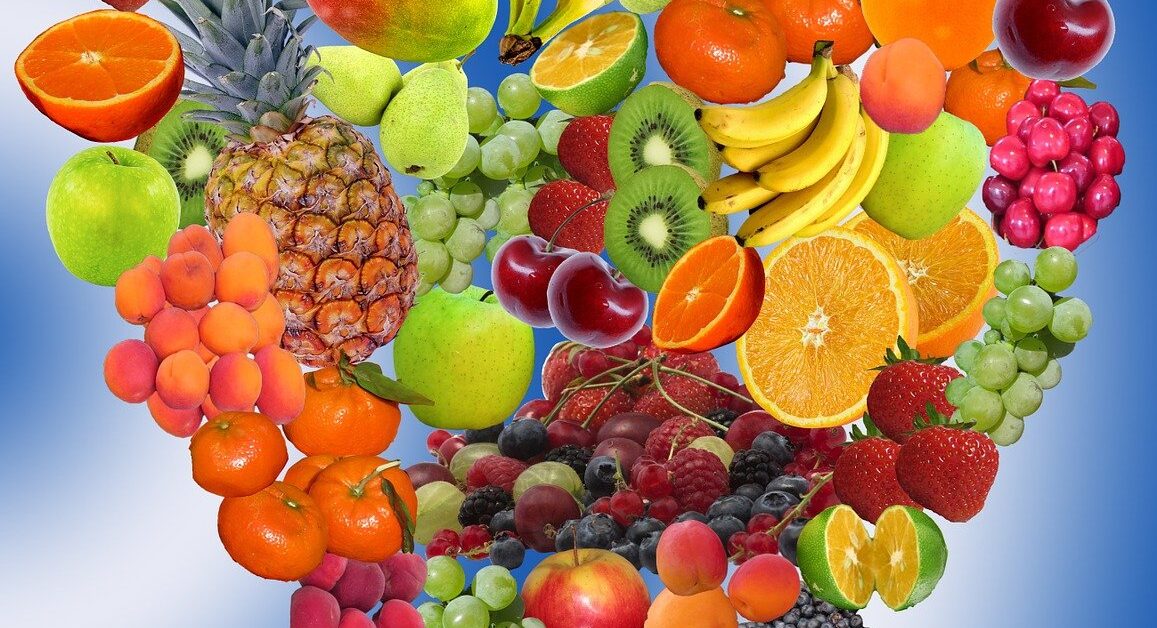Is Xanthan Gum Vegan?
Xanthan gum is a common food additive that is used as a thickening agent and stabilizer in a wide range of products. It is often found in processed foods such as salad dressings, sauces, and baked goods. However, for those following a vegan lifestyle, the question arises: is xanthan gum vegan?
What is Xanthan Gum?
Xanthan gum is a polysaccharide that is produced through the fermentation of carbohydrates by the bacteria Xanthomonas campestris. It was first discovered in the 1960s and has since become a popular ingredient in the food industry due to its unique properties.
How is Xanthan Gum Made?
The production of xanthan gum involves several steps:
- Cultivation: Xanthomonas campestris bacteria are grown in a nutrient-rich medium.
- Fermentation: The bacteria ferment carbohydrates, such as corn, soy, or wheat, to produce xanthan gum.
- Purification: The fermented mixture is then purified to remove impurities and obtain the final xanthan gum product.
Is Xanthan Gum Vegan?
Yes, xanthan gum is generally considered vegan-friendly. It is derived from plant-based sources, such as corn, soy, or wheat, which are suitable for a vegan diet. However, there are a few factors to consider:
1. Fermentation Process:
During the fermentation process, the bacteria Xanthomonas campestris feed on carbohydrates to produce xanthan gum. While the bacteria are living organisms, they are not considered animals. Therefore, the production of xanthan gum does not involve the exploitation or harm of animals, making it vegan-friendly.
2. Potential Contamination:
Although xanthan gum itself is vegan, there is a possibility of cross-contamination during the manufacturing process. Some manufacturers may use animal-derived ingredients or equipment that has come into contact with animal products. However, reputable manufacturers take precautions to prevent cross-contamination and ensure their xanthan gum is vegan.
3. Other Ingredients:
While xanthan gum itself is vegan, it is essential to consider the other ingredients in the product that contains xanthan gum. Some processed foods may contain non-vegan ingredients, such as dairy, eggs, or animal-derived additives. Therefore, it is crucial to read the ingredient labels carefully to determine the overall vegan status of a product.
Alternatives to Xanthan Gum
For individuals who prefer to avoid xanthan gum or have allergies or sensitivities to it, there are several vegan-friendly alternatives available:
- Agar agar: Derived from seaweed, agar agar is a natural gelling agent and thickener.
- Guar gum: Made from the seeds of the guar plant, guar gum is commonly used as a thickening agent.
- Arrowroot powder: Extracted from the roots of the arrowroot plant, it can be used as a thickener in various recipes.
- Psyllium husk: Derived from the seeds of the Plantago ovata plant, psyllium husk is a natural thickener and binder.
Conclusion
In conclusion, xanthan gum is generally considered vegan-friendly as it is derived from plant-based sources and does not involve the exploitation or harm of animals. However, it is essential to consider potential cross-contamination and the overall vegan status of the product that contains xanthan gum. For those who prefer alternatives, there are various vegan-friendly options available in the market.
